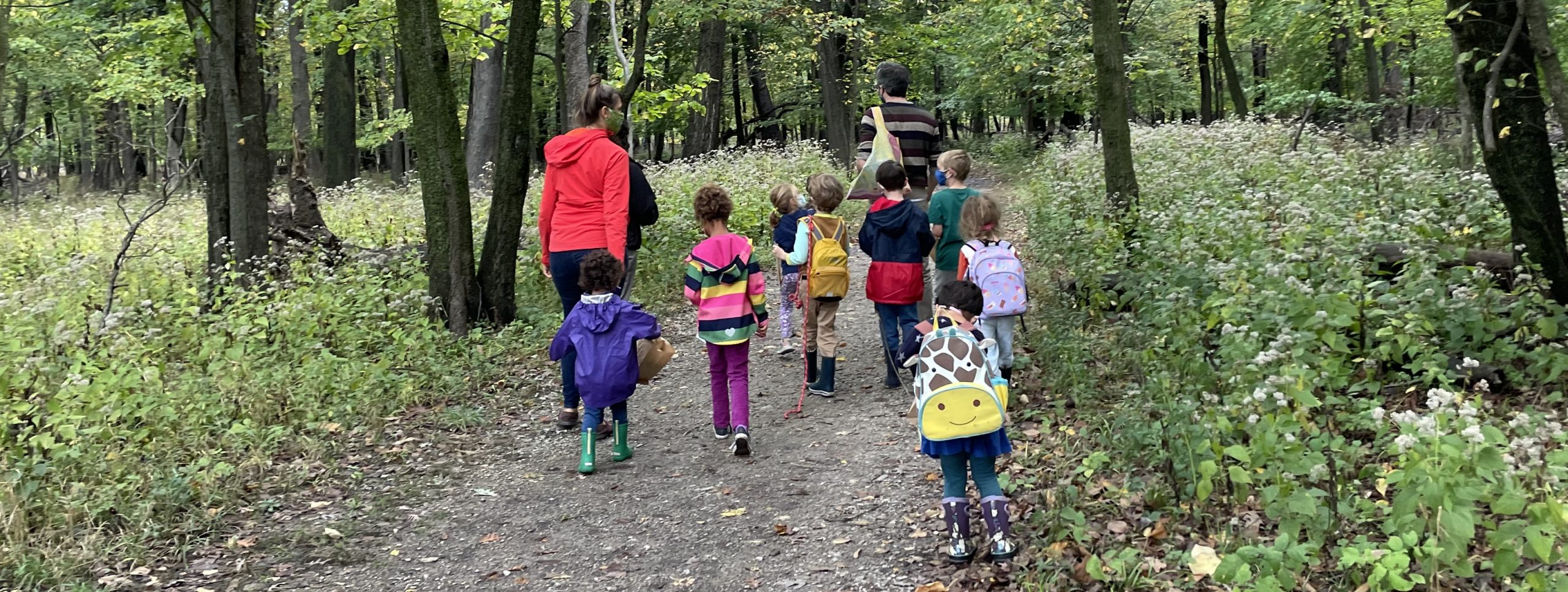Yesterday we looked at Erickson’s Stages of Psychosocial Development, summarized in the chart below. The main idea is that at each stage of development (baby, toddler, preschooler, etc…) there is a central psychological task that needs to be “completed” to support a healthy transition to the next stage of development. For a baby this is the “task” of learning trust. In this stage, babies can generally successfully “complete the task” of trust vs. mistrust (obviously, there is nothing that the baby can “do” right or wrong here). If early caregivers are loving, consistent, etc., babies learn to trust that the world is safe and offers stability. If they don’t get that, they develop a “crisis” of mistrust that affects them in later stages and throughout life. Another stage in the teen years is “identity vs. confusion” – the task of becoming your own person and developing your core identity. Again, you can see this playing out with a young person who gets support from family and peers to develop a healthy identity vs. someone who doesn’t. You could further imagine how not having this “crisis” resolved could affect adulthood.
We explored some “either/or” extremes that got us talking and debating (rather loudly). Given the introduction to stages of development, would you rather:
- Spend ages 10 to 21 isolated in a room with one other randomly selected person or isolated in a room with a computer with full access to the internet (and social platforms found on the internet)? How would that impact development?
- Go through life trusting EVERYONE or NOONE? How would that impact development?
Developmental Stages at the Movies
So we are learning about that, but I’d thought that we would take an Erickson psychosocial lens to the movies and see if we can identify some of these stages in some movies. If you are game, you might watch one or more of these movies and look for how the main char“acter is working through one of these stages. In some movies I selected, there is a “mismatch” between the stage the person is in and their social age. Think about what that could mean for the character. Some movies I’ve thought of are:
- Boss Baby: Boss Baby comes to Earth in a different “stage” than the baby stage of “trust vs. mistrust”. What stage do you think Boss Baby starts in? Why does this cause conflict with the older brother? Does Boss Baby end up going back through the “right stage” for his age of learning to trust in the end? If so, how does he end up there?
- Good Will Hunting (parental advisory, check Common Sense Media; recommended for teens and up): Will Hunting is a mathematical genius with undertapped potential. When he goes to therapy, are there any psychosocial “crises” that you think he might be dealing with that didn’t get fully resolved from an earlier stage? How does therapy help?
- Finding Nemo: What stage is Nemo in? Does his “task” get resolved? Is Dory in a stage that you can identify? If so, name your evidence.
- The Curious Case of Benjamin Button (PG 13; check Common Sense Media): Benjamin Button is born an old man and lives his life in reverse. Do you think that affects the order in which he would experience different stages? Does the movie give you any clues? If so, name your evidence.
- Divergent (PG13; check Common Sense Media): When children hit their late teens, they are supposed to join one of several factions in society — Abnegation (selfless), Erudite (intellectual), Dauntless (brave), Candor (honest), and Amity (peaceful) – but sometimes a child is born Divergent, and when they hit the teen years, they don’t have any role or identity in their society at all. Society doesn’t like Divergents. Look for the stage of Identity vs. Role Confusion and think about how it comes up in the movie and how it would play out in a society that divides individuals by these traits.
- Encanto: Mirabel lives in a family where everyone has a special gift except for her. What psychosocial “crisis” is she experiencing? What does she do to deal with this? Do you think she has effective, healthy strategies for doing so? Do you think her family had healthy attitudes for supporting her through her “crisis”? Do you think Mirabel needs a special gift to resolve her “crisis”?
- Pick your own movie: Discuss the developmental stage(s) that are central to the story and how the main character resolves them.


